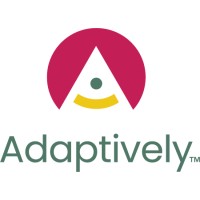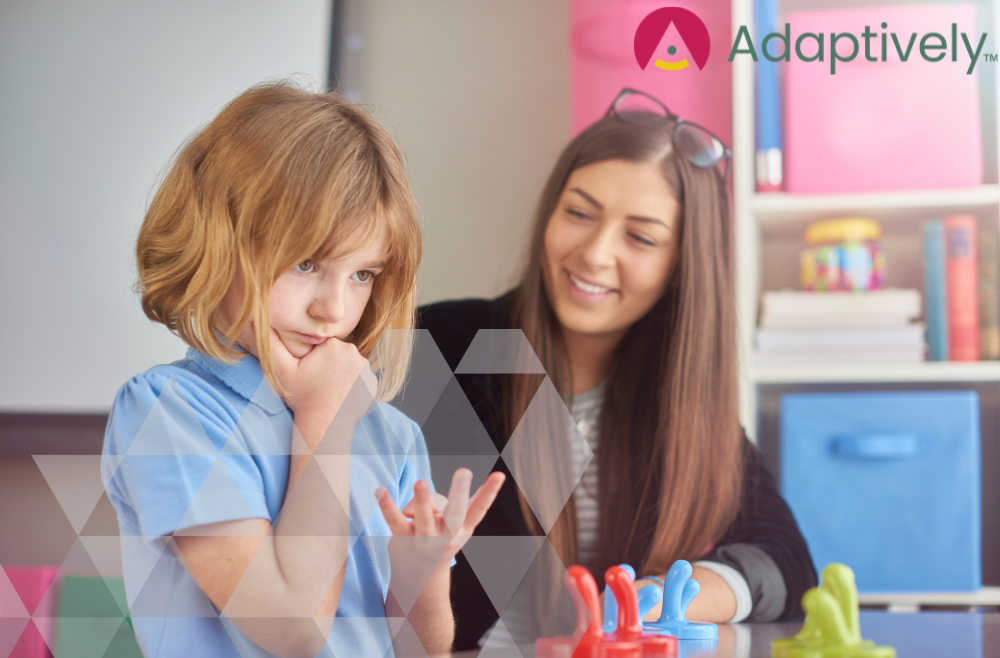The Relationship Between Math and Language Skills: Foundations of Academic Success
There is a well-known saying that math is the language of the universe. This may be true, but it’s also worth noting that language is the foundation of mathematics. Understanding and manipulating language are essential for academic success in math, just as strong math skills can help students excel in language arts. Both subjects require the high-level cognitive skills of critical thinking and analysis, so it’s no surprise that there is a relationship between math and language skills. Academic success in one often leads to success in the other.
However, for some children, academic difficulties in one subject often spill over into other areas. For example, a student who struggles with reading comprehension may have trouble understanding mathematical word problems. Likewise, a student who struggles working through and explaining their work on a multi-step math problem may also find it challenging to express their ideas in writing.
Understanding language as the first building block of mathematics
When children are in preschool, they use play and exploration to learn pre-academic skills. Mathematical concepts, such as size and quantity concepts, are first introduced in language terms like long, short, heavy, more, and many.
As preschoolers’ language and cognition further develop, they begin to posit questions about the world around them. Their natural curiosities drive them to use their senses and observations to problem-solve, predict, and categorize their experiences. These skills are foundations for the math skills they will need to master in elementary school.
Implications for elementary-aged students
As students move into their formal school years, academic success in math and language arts depends on a student’s ability to understand and manipulate language. For example, in math, not only do students need to be able to understand mathematical concepts and symbols, but they also need to be able to read and comprehend mathematical word problems and math vocabulary.
Math skills can also support language skills. For instance, students with strong math skills understand relationships in the physical world and can visualize concepts. These same cognitive skills also support students’ understanding of concepts such as the main idea, supporting details, and inferences. In addition, strong math skills also support organizational skills, which are essential for writing clear and cohesive essays.
How students can develop both their math and language skills
So what can be done to help students gain greater proficiency in both math and language arts? Below are some tips that may be helpful:
- Focus on developing strong foundations in basic concepts for both. All too often, curriculums move students to more challenging material before a child has fully understood the basics.
- Encourage students to read extensively and widely. This practice will improve reading comprehension and expose them to various vocabulary words useful in mathematics.
- Help students learn to identify the main idea and supporting details in what they read. This skill will translate to comprehension of mathematical word problems.
- Teach students how to break down a math problem or task into smaller, more manageable pieces. This cognitive skill is valuable for writing assignments, too.
- Encourage students to ask questions. Asking questions is a critical part of problem solving and critical thinking.
- Encourage students to persevere when faced with challenging tasks. Remind your child that they can improve their academic skills with hard work and determination. Perseverance is an essential skill for both academic subjects and life in general.
- Enroll your child in quality supplemental education and summer enrichment programs to give them extra practice in a fun, non-school setting.
While some students naturally excel in one subject or the other, all students can benefit from developing solid skills in both mathematics and language arts. Adaptively offers math and English enrichment programs for students to remediate foundational academic skills or accelerate their learning to reach their greatest potential. With summer approaching, it’s a great time to enroll in our programs and keep the momentum moving from this school year to the next.


